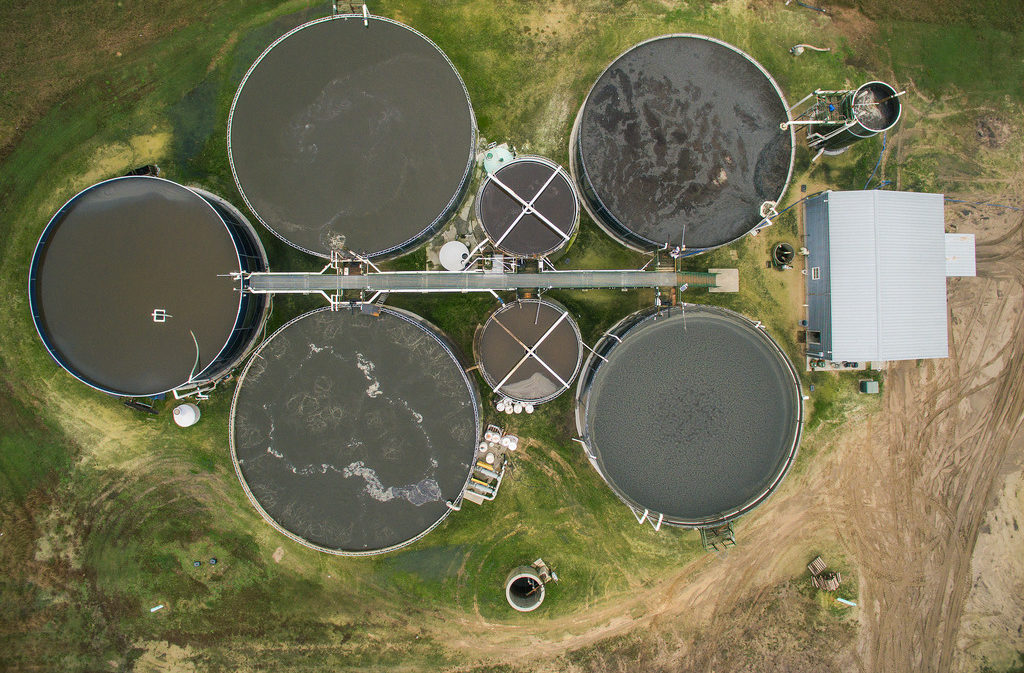Recommendations have been released for Moving Forward on the National Infrastructure Assessment, which summarizes consultation findings to inform Canada’s first National Infrastructure Assessment.
The announcement was made by Catherine McKenna, minister of infrastructure and communities, Tamara Vrooman, chair of the Canada Infrastructure Bank, and Jan De Silva, president and CEO of Toronto Region Board of Trade.
“Our well-being, our prosperity, and our success in tackling climate change over the coming decades will depend on many things, including smart investments in 21st century infrastructure that support a net-zero economy and a stronger quality of life for all Canadians,” said Catherine McKenna, minister of infrastructure and communities. “Through the recommendations for moving forward on the National Infrastructure Assessment, we are working together to achieve that.”
Launched last March, the consultation—named “Building the Canada We Want in 2050”—sought input from the public, Indigenous communities and organizations, provinces, territories, municipalities, and stakeholders on three main priorities of the assessment:
- Assessing Canada’s infrastructure needs and establishing a long-term vision.
- Improving coordination among infrastructure owners and funders.
- Determining the best ways to fund and finance infrastructure.
Over 300 organizations and individuals shared their views and ideas, providing essential information on how the National Infrastructure Assessment might address these three priorities.
Their submissions were clear. There is strong support for an independent advisory body to lead an evidence-based process to identify Canada’s infrastructure needs over the near, medium, and long term to achieve critical economic, social, and environmental outcomes. This initiative should leverage global best practices and domestic expertise; identify Canada’s infrastructure needs and deficit; and develop a strategic roadmap for infrastructure investments that meet our needs and drive us to net-zero emissions.
“Infrastructure is a powerful lever for positive change,” said Tamara Vrooman, chair of the Canada Infrastructure Bank. “It strengthens our economy, future-proofs our communities, and is central to our actions on climate change.”
“By proactively thinking now about infrastructure for the long-term, we can make impactful investments that benefit generations to come,” added Vrooman. “The Canada Infrastructure Bank looks forward to contributing innovative investment ideas to support the National Infrastructure Assessment and further build Canada’s global leadership in infrastructure.”
The pandemic has caused economic challenges, making it even more critical to create jobs, and accelerate growth. Coupled with the need to address the climate crisis and address disparities to promote inclusion and resilience, long-term and well-coordinated investments in infrastructure have become even more important.
“Canada’s infrastructure is the foundation of our economic success—but must be renewed to compete in the 21st century,” said Jan De Silva, president and CEO of the Toronto Region Board of Trade. “As our country begins its economic recovery, both public and private investments must be guided by a long-term strategic plan. The National Infrastructure Assessment provides our communities with the opportunity to move beyond short-term thinking, maximize the benefits of investments and lay the foundation for a prosperous economy.”









